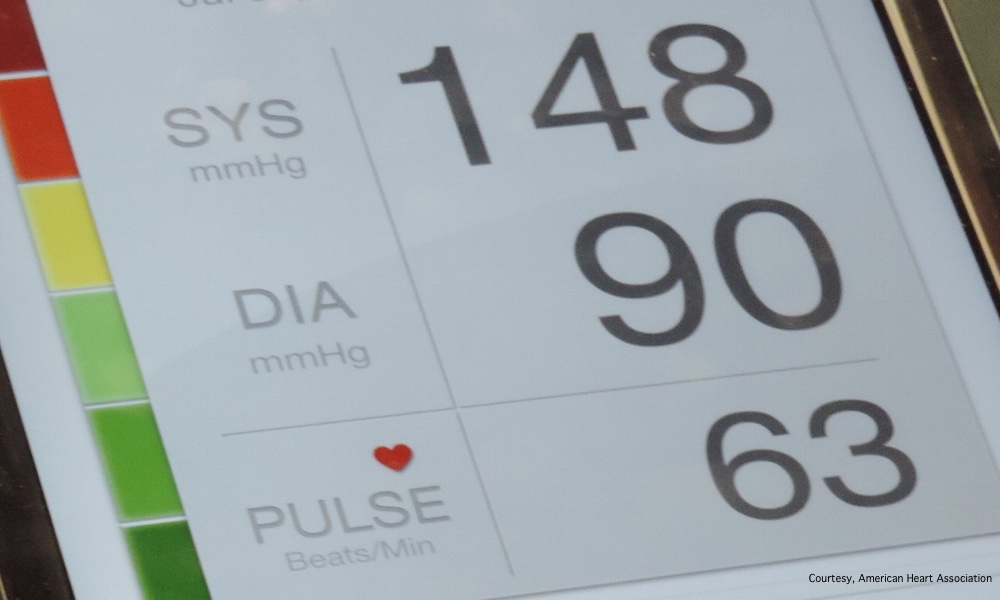Treatments that suppress the immune system and limited motor abilities put patients with multiple sclerosis (MS) at risk forsevere infection with SARS-CoV-2, the virus that causes COVID-19. The MS community, including providers, has expressed concern about COVID-19 vaccination for those with MS, however, because of the risk of relapse following vaccination.
The findings of a large French study fortunately suggest no increase in the risk of severe relapse in almost all MS patients following vaccination against COVID-19. These study findings should reassure those with MS that they can safely be vaccinated, Xavier Moisset, lead author of the study, said in a statement.
The findings not only show the safety of COVID vaccines, the coauthor of a related editorial, Hesham Abboud, told TheDoctor. They should reassure the MS community about the safety of vaccines in general. “We cannot externalize the results to all vaccines, but it should give reassurance to the MS community that the fear of vaccine-related relapses may not be as significant as we first thought,” he said.The MS community, including providers, has expressed concern about COVID-19 vaccination for those with MS.
To get a clearer picture of the risk, researchers analyzed data from almost 125,000 people with MS in the French National Health Data System. These patients had been living with MS for about 14 years. The researchers wanted to know if the patients had a severe MS relapse requiring treatment with high-dose corticosteroids following COVID-19 vaccination. Because relapses associated with the vaccine usually occur within 28 days of vaccination, the patients were followed for 45 days after receiving the vaccine .
During the study, 82 percent of people received one dose of the COVID-19 vaccine, 95 percent received a second dose and 59 percent received a third or booster dose. After adjusting for factors that would impact the risk of a severe relapse, such as the time of year and the effects of disease-modifying therapy, COVID-19 vaccination did not appear to increase relapse risk among MS patients.
To confirm their findings, the researchers also analyzed data from subgroups of MS patients with a higher risk of inflammation: those younger than 50 years old, those diagnosed with MS within the last 10 years and those with two or more relapses within the last two years. Among patients with higher levels of inflammation, the risk of relapse after the third booster dose of the vaccine was greatest among those with untreated MS and those who had two or more relapses within the last two years.
The findings of the current study were not a total surprise, Abboud, an associate professor of neurology at Case Western Reserve University School of Medicine, said. Two previous studies had come up with conflicting results, so “It was reassuring to see that untreated patients were only at risk for relapse after the third dose,” he added.COVID-19 vaccination did not appear to increase relapse risk among MS patients.
Complete data on those vaccinated in 2022 will be available in the next few months, and this complete dataset will allow the researchers to confirm their findings in more patients with a higher risk of inflammation who received the booster dose of the vaccine, according to the researchers. They will also be able to assess the risk of relapse in those who received a second booster dose.
The study and related editorial is published in Neurology, the medical journal of the American Academy of Neurology.





